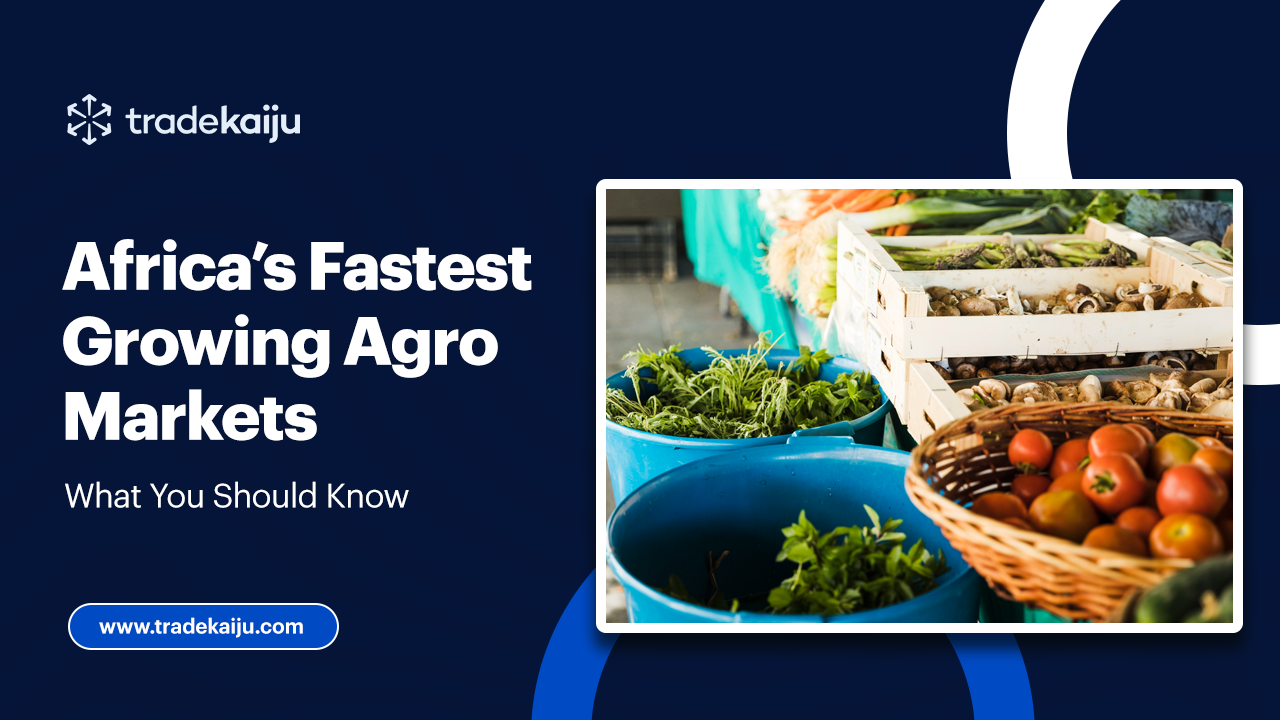Required Documents for International Trade
Date Posted: 2020-11-18 08:38:11

We have summarized below some of the popular documents required for international trade.
1. Bill of Lading (BOL):
BOL is one of the most commonly required documents. BOL serves as evidence of a contract between the carrier (transporter) and the exporter and in some cases serves a receipt. BOL is applicable mainly transportation via sea. Below are some of the key features of the BOL:
• Contains the title of goods being transported.
• Serves as a receipt for goods.
• Includes details of the pick-up and destination port.
• BOL can be used by the importer to take possession of the goods at the destination port.
2. Bill of Exchange (BOE):
The BOE is a signed agreement, between a buyer and a seller, detailing the sum to be paid by the buyer at an agreed date. Each trade transactions requires a new bill of exchange sent by the seller. The BOE becomes legally binding once it is accepted.
The seller can hold the BOE till maturity, transfer to a third-party through endorsement, or get the bill discounted with a bank. Discounting the BOE allows the seller to receive the payment ahead of the due date from the bank.
3. Air Waybill (AWB)
Similar to the BOL, the AWB is a legal agreement used for air freight. It is a contract from the carrier and also serves as a receipt of goods by an airline.
AWB includes a comprehensive information of the transported products to enable easy tracking. It also carries the conditions of the contract that describe the carrier's terms and conditions, such as its liability limits and claims procedures, a description of the goods, and applicable charges.
4. Certificate of Origin of Goods (COO):
For certain good types, especially food products, a COO is required to ascertain the origin of products. This certificate needs to be signed by some semi-official organization, like a Chamber of Commerce or a country's consulate office. A certificate of origin may be required even if you've included the country of origin information on your commercial invoice.
This document is usually prepared by the manufacturer and certified by a government entity or chamber of commerce.
5. Inspection Certificate:
Inspection certificates are usually required for industrial equipment, perishable merchandise and meat products. This certificate is issued by independent third-party personnel (usually independent inspection agency/supplier) stating that the goods have been inspected and conform to the quality/specification/other contractual terms.
6. Packing List:
The Packing List contains the full detail of all the products being shipped. The packing list should state the following:
(a) information on how it was packed,
(b) how the goods are numbered and
(c) weight/height dimensions.
Although this document is not always required, it's an important document used by freight forwarders to prepare a bill of Lading and to understand how much cargo is needed.
7. Insurance Document:
Insurance is required to protect goods against loss or damage during the transit period. The insurance cover must specify the value insured, risks covered, the date when the insurance cover becomes effective, and the currency in which the insurance document is expressed. All details of on the insurance document must conform to those in other documents like the BOL and packing list.
8. Certificate of health:
Certificate of health or sanitary certificate is required in some countries when live animals, animal products, fish, plants, and food products are being imported/exported. This certificate must confirm that the goods are free from disease or pests (insects), and that products comply with the required standards. This certificate is usually issued by the Department of Agriculture.
Similar Blog Posts

Cashew is one of Africa’s most valuable export crops, yet many people (especially new traders) don’t fully understan

Africa is fast becoming a global agricultural powerhouse. With a combination of favorable climate, expanding investment,

Market access is one of the most significant barriers in the agricultural sector today, especially across many regions i